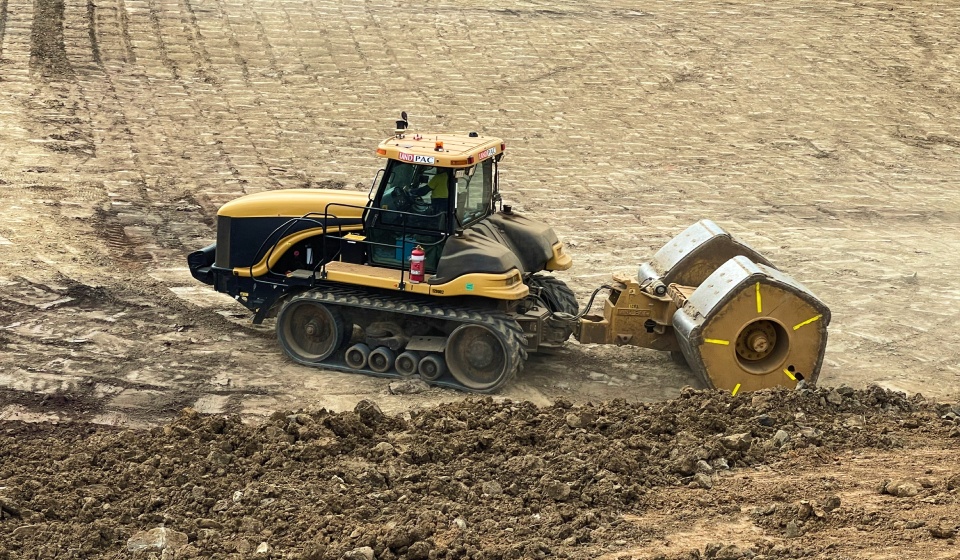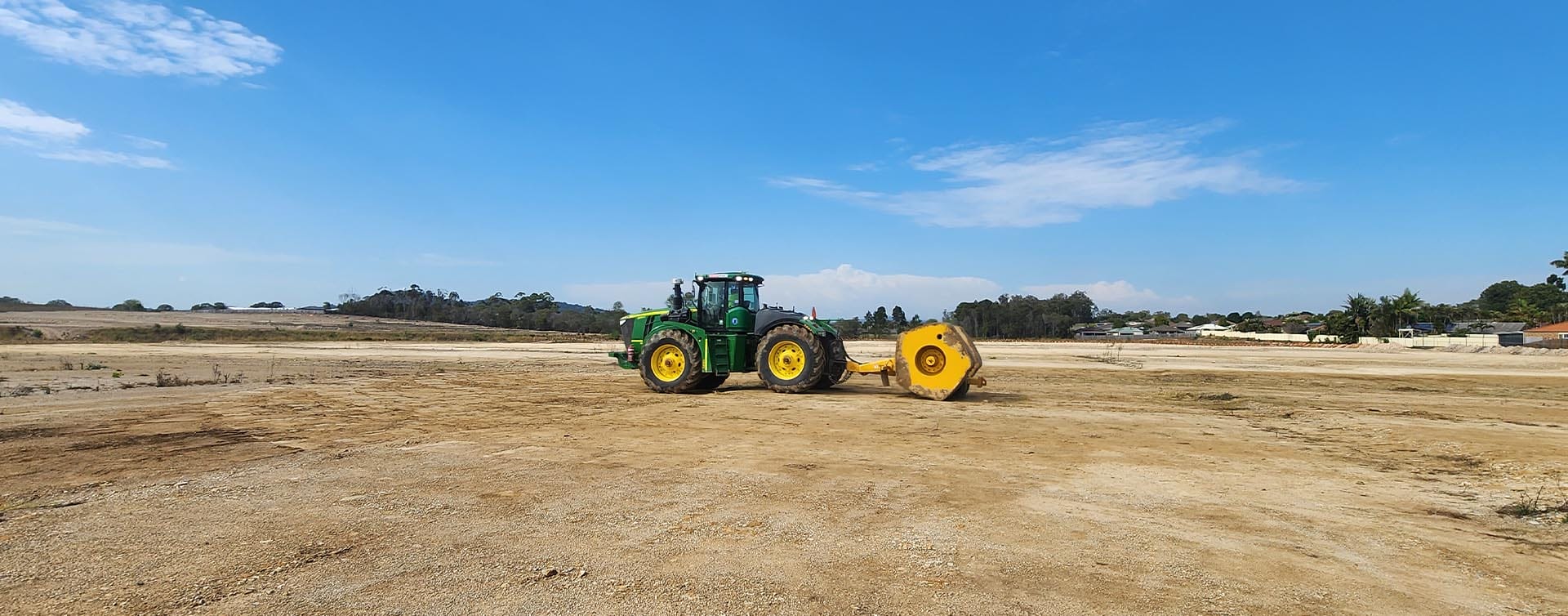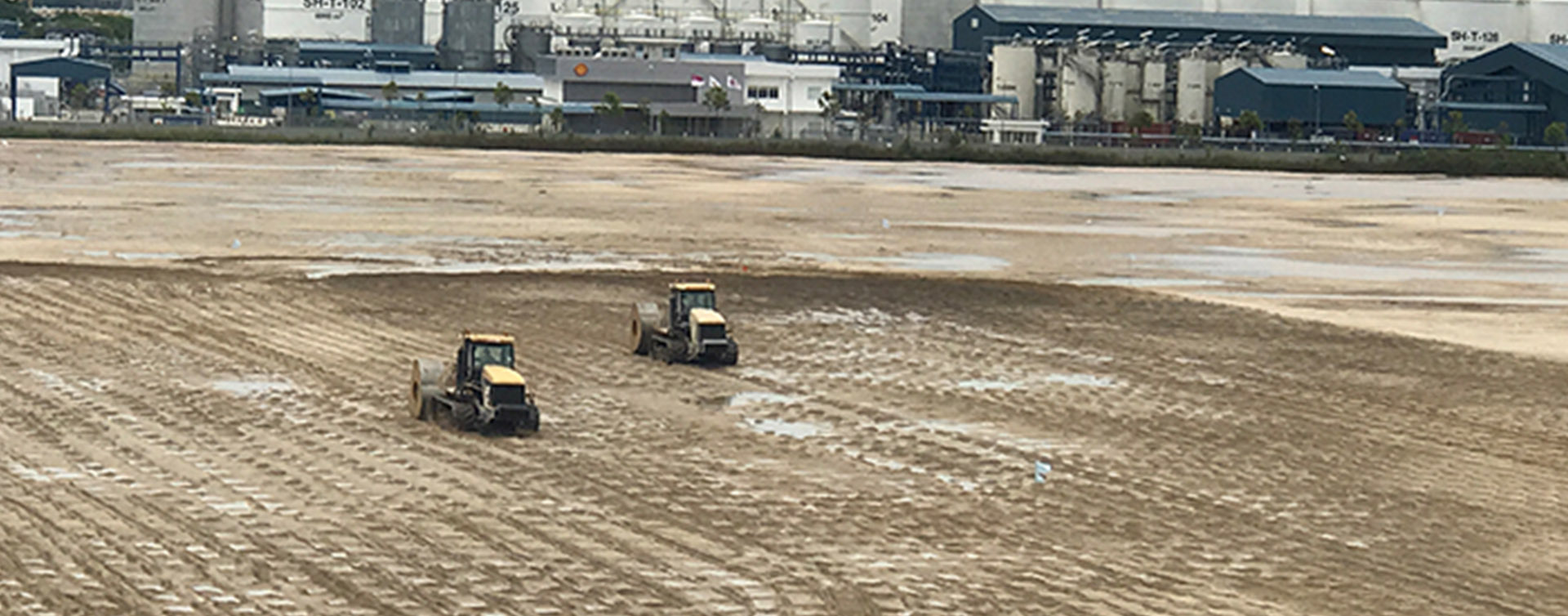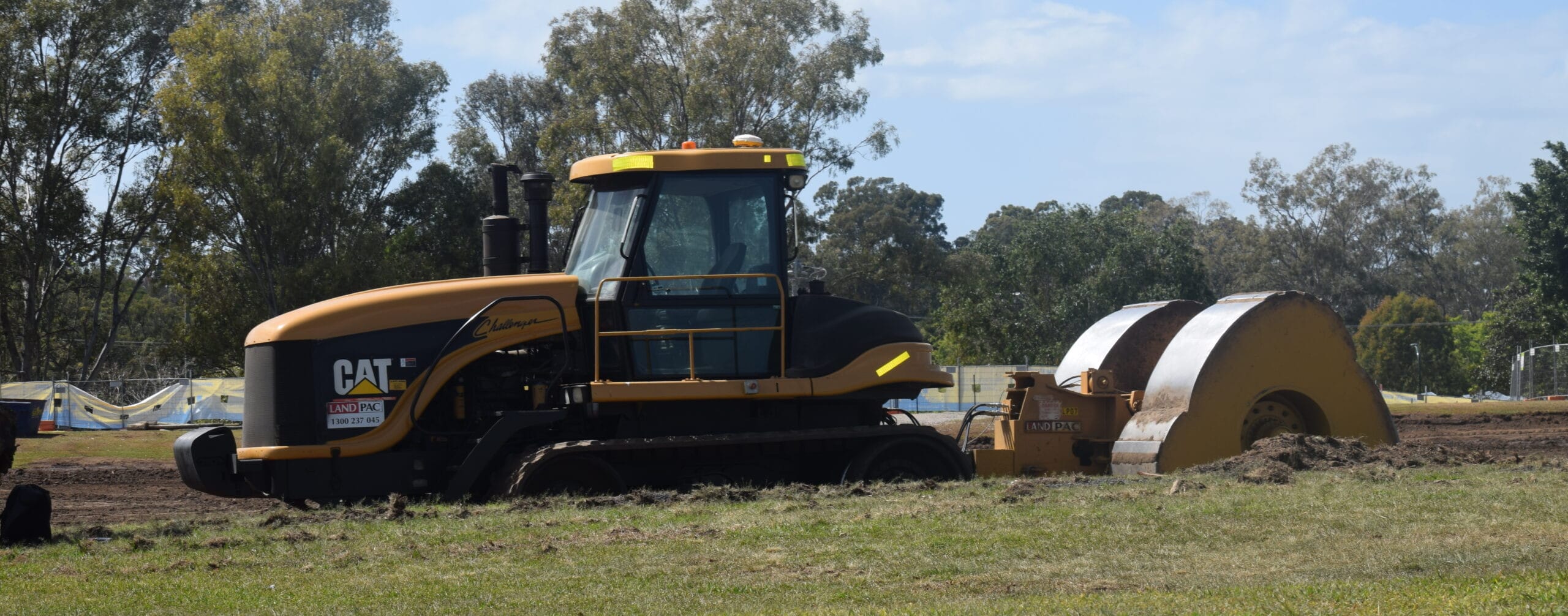Compaction Verification in Construction
The Importance of Compaction Verification in Construction
In the world of construction, the assurance that the ground has been adequately prepared is paramount for the stability and longevity of any project. Compaction verification plays a crucial role in this, as it involves advanced testing and monitoring techniques to ensure that the soil reaches the required density, aligning with project specifications and industry standards.

Understanding the Critical Need for Compaction Verification
Compaction verification is a vital component of the ground improvement process. This step is essential to ensure that ground improvement efforts are effective, meet the necessary specifications, and provide a robust foundation for construction.
Addressing the complexities of compaction verification involves several key steps:
Using Advanced Testing Techniques
Implementing cutting-edge testing and monitoring methods are crucial for assessing the effectiveness of soil compaction techniques. Precise measurements of soil density and strength are vital to verify that the soil compaction meets the project’s requirements.
Ensuring Accuracy and Reliability
The compaction verification process must yield accurate and reliable data on the soil’s condition. This data is indispensable for evaluating the success of ground improvement works, offering an objective assessment of the soil’s performance characteristics post-compaction.
Adhering to Standards and Specifications
Rigorous compaction verification is necessary to ensure compliance with both the project’s unique specifications and broader industry standards. Providing comprehensive documentation of the verification process and results is essential for maintaining transparency and confirming the quality of the work.
Fostering Continuous Improvement
Data collected during the compaction verification process shouldn’t only be used for compliance but also as a tool for ongoing improvement. This information can help refine compaction methods, thereby enhancing the effectiveness and efficiency of ground improvement strategies.
Landpac's Expertise in Overcoming Compaction Challenges for Construction Projects
Our specialised approach in compaction verification integrates advanced testing and monitoring techniques, ensuring that every construction project stands on a foundation of confirmed stability and quality.
With Landpac, the intricacies of achieving and verifying the desired soil density are expertly managed. Our team employs state-of-the-art methods to provide precise measurements of soil density and strength, essential for verifying that the ground meets all project specifications and industry standards. This rigorous process not only ensures compliance but also offers peace of mind that the groundwork is reliable and robust.
Our commitment to delivering accurate and reliable compaction data underlines our dedication to quality and excellence in ground improvement solutions. The insights gained from our compaction verification processes feed into continuous improvement, enhancing our techniques and ensuring more efficient and effective solutions for future projects.
Choosing Landpac means opting for a partner who understands the complexities of ground improvement and is adept at navigating these challenges.
Our team of seasoned geotechnical professionals brings a wealth of experience and technical knowledge, ensuring that the soil’s composition, strength, and behaviour are thoroughly understood and accurately assessed. This deep analysis is crucial in revealing and addressing the underlying complexities that can impact the stability and success of construction projects.
Our approach goes beyond conventional assessments. We delve into extensive evaluations, uncovering every pertinent attribute of the soil. This depth of analysis ensures that we can develop tailored ground improvement strategies that directly address the specific challenges of your site. Whether it’s implementing advanced compaction techniques or adapting to unique soil conditions, Landpac’s strategies are designed to overcome the technical hurdles that often hinder construction projects.
Optimising construction plans based on our detailed soil analysis, Landpac ensures that projects are not only built on a solid foundation but are also cost-effective and timely. By partnering with Landpac, you’re choosing a path that mitigates risks, prevents delays, and secures the overall success and stability of your construction projects.
Latest news

Understanding High Energy Impact Compaction (HEIC)
High Energy Impact Compaction (HEIC) revolutionises ground improvement with its ability to achieve superior soil density and stability. Unlike traditional methods, HEIC uses advanced rollers and compaction technology to penetrate deeper soil layers.

Laying the Foundation: Why ground improvement engineering matters
Ground improvement enhances soil stability and strength, reducing risks and costs in construction. Techniques like HEIC ensure efficient, sustainable solutions for safer infrastructure.

HEIC’s Role in Sustainable Construction Practices
HEIC boosts sustainable construction by stabilising soil, cutting environmental impact, and reusing existing land. It’s a fast, efficient way to build stronger, longer-lasting infrastructure while protecting the environment.
